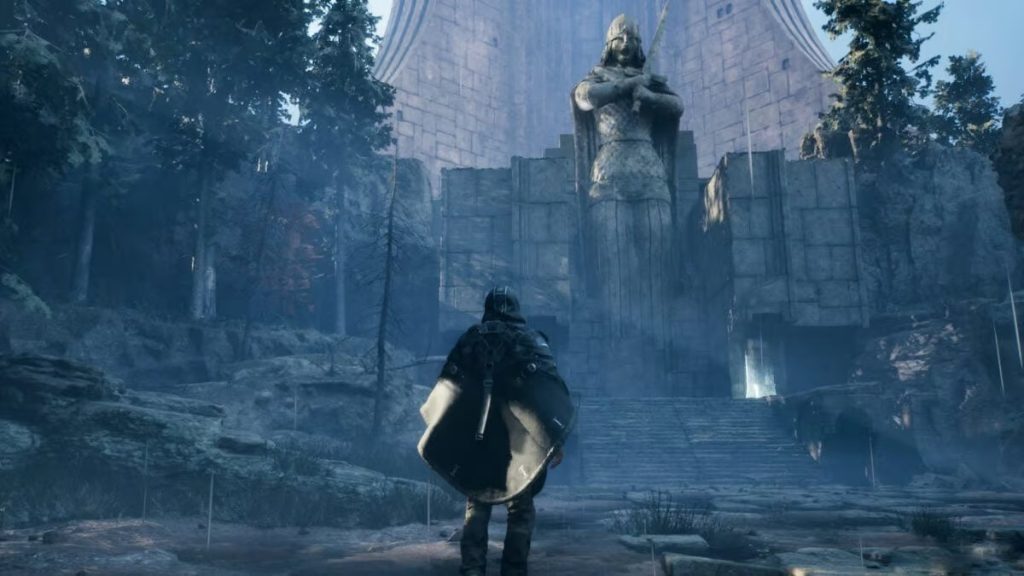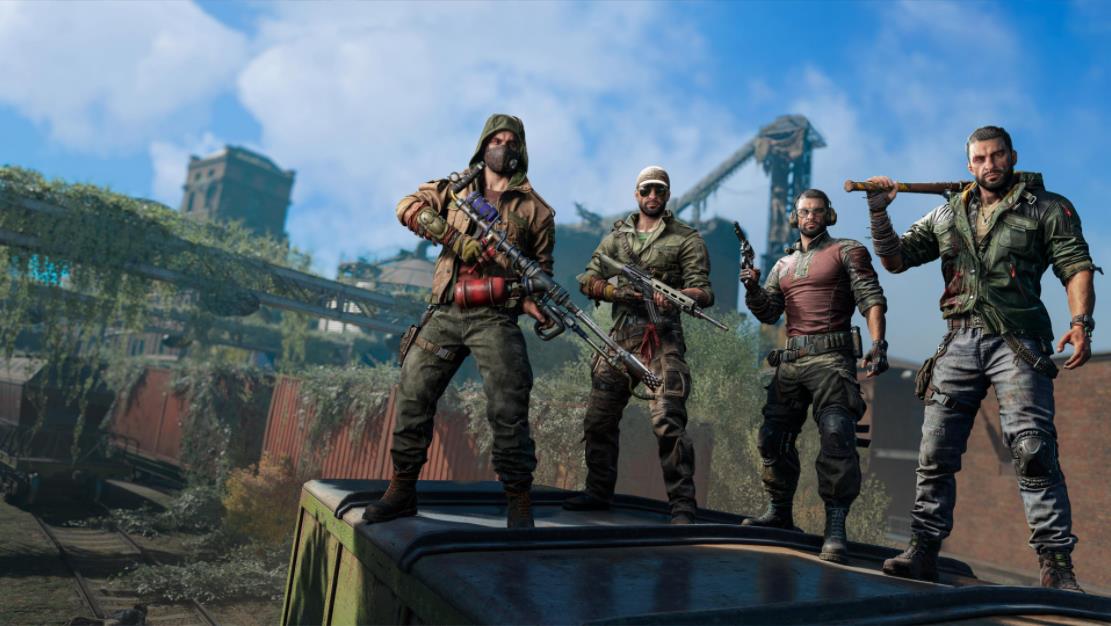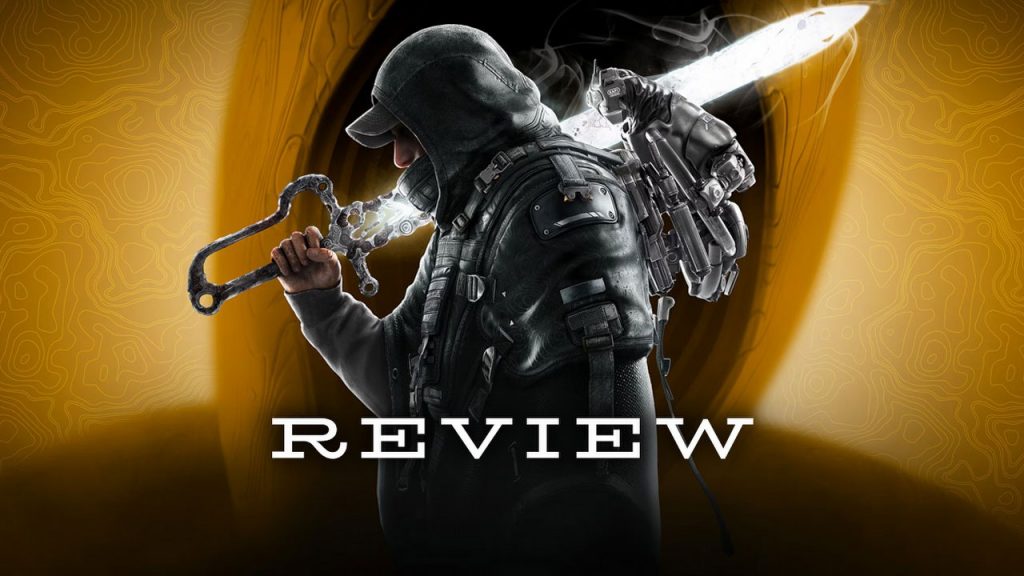
Rogue Factor’s action-adventure game Hell Is Us tells the story of Rémi, an Organized Nations peacekeeper who abandons his post to venture into the war-torn country of Hadea trying to find his missing parents. Deep in a wasteland besieged by two warring factions, he’s attacked by demonic creatures known as Hollow Walkers, white humanoids with no faces, and is rescued by an armored stranger who’s fatally wounded during the encounter. Donning their armor and unique weapons, Rémi fights his way through Hadea, intent on finding his family and solving the mystery of an event known as the Calamity.
The majority of this ambitious, narrative-driven game, which is set in an alternate 1990s, involves exploring large semi-open-world environments from a third-person perspective without a map or checklist, inviting players to investigate the Hadea at their own pace. Talking to individuals encountered across the country yields occasional requests for help and information about the civil war and clues to what happened to Rémi’s parents.
Whether to provide assistance is entirely up to the player. Indeed, the lack of forced guidance or system of hints that’s stagnated many a Ubisoft title over the years makes Hell Is Us feel fresh and unrestrictive. This is best exemplified in the clever Myst-lite puzzles that demand careful information-gathering as you traverse the game’s vividly detailed environments, and to the point that you may find yourself needing to bust out a notebook to keep track of all the clues.
Hell Is Us boasts a thrilling combat system that rewards mastery. Damage taken during a fast-paced skirmish reduces the total stamina that Rémi can utilize. Luckily, successfully hitting an opponent will cause a white halo effect to momentarily pulse around Rémi, allowing you to regain your health if you hit a button press at the same time as the pulse. But regaining health only works if you’re not actively striking, forcing both aggressive play and moments of retreat.
Addictive as this combat system may be, not least because the experience is so customizable with a range of weapons, upgrades, and abilities, the star of the show here is the vivid, almost uncomfortably real depiction of Hadea. This is a game that takes a humanistic approach to the conflict against which the narrative unfolds, given that your priority is often helping innocents caught in the crossfire. As you traverse heavily shelled cities and smaller villages under occupation, Hell Is Us searingly attests to the atrocity of wartime.
This realistically grounded game is fascinated by how wars and fundamentalist movements are made, but it doesn’t end on a satisfying note regarding the forces propelling and taking advantage of the war in Hadea. Prior to that point, we learn of prisoners being experimented on, media networks broadcasting propaganda, and a first-world military complex having links to the Calamity. But these and other major revelations are given the short shrift, as the focus in the latter half of the campaign tilts heavily toward the addictive gameplay.
Upsetting and relevant as it often is, Hell Is Us isn’t exactly pointedly angry about right-wing fanaticism, genocide, and how easily populations can be manipulated. Regardless of why that is, perhaps it’s enough for us to know what the people whom Rémi encounters across his journey think of those things. The game allows you to ask anyone their thoughts on Hadea, the civil war, and more, and their reactions range from the empathic to the hateful. It’s an unusual show of maturity for a video game not to shy away from themes of racism and fanaticism, as well as the actual consequences of war, and in that respect and more, it certainly lives up to its title.

















暂无评论内容